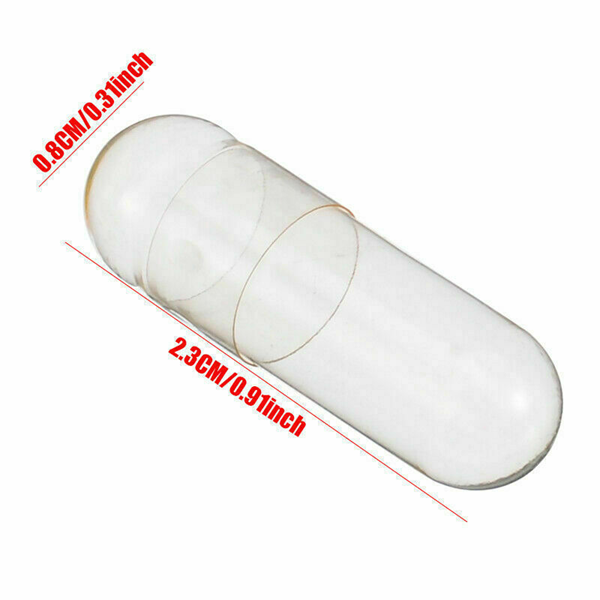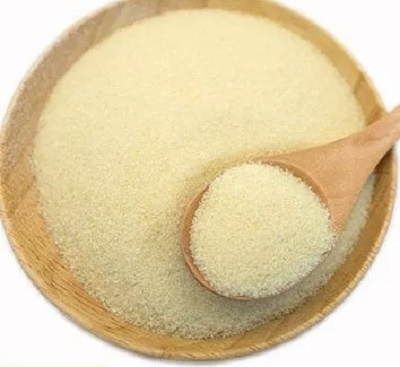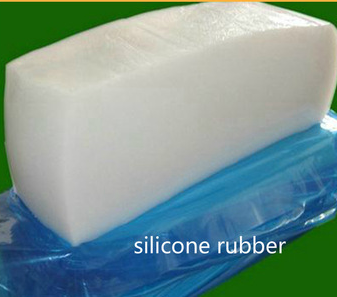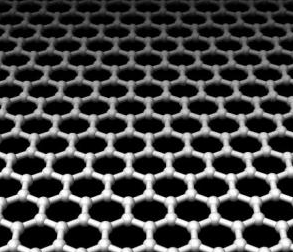Uses and Correlational research of Gelatin
Gelatin is a translucent, colorless, flavorless food ingredient, derived from collagen taken from animal body parts. Brittle when dry and gummy when moist.
Gelatin is made from collagen. Collagen is one of the materials that make up cartilage and bone. Some people think gelatin might help for arthritis and other joint conditions. The chemicals in gelatin called amino acids can be absorbed in the body.
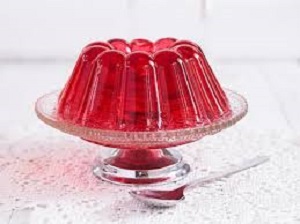
Uses
Gelatin is used for aging skin and joint pain. It is also used for many other conditions, including osteoarthritis, rheumatoid arthritis, anemia, weak and brittle bones (osteoporosis), and brittle nails, but there is no good scientific evidence to support these uses.
In manufacturing, gelatin is used for preparation of foods, cosmetics, and medicines.
Correlational research
Aging skin. Some research shows that taking specific gelatin products (Wellnex, Nitta Gelatin) 5 grams daily, mixed into a hot beverage, improves skin moisture and wrinkles in women with aging skin.
Insufficient evidence to rate effectiveness for...
A blood disorder that reduces levels of protein in the blood called hemoglobin (beta-thalassemia). Early research in pregnant women with a mild form of this blood disorder shows that taking gelatin made from donkey hide improves hemoglobin levels.
Joint pain. Some research shows that taking gelatin daily reduces pain during athletic activity in athletes that have knee pain. But gelatin does not improve pain at rest. Taking gelatin does not seem to reduce joint pain in older adults with general knee pain.
Osteoarthritis. Some research shows that gelatin might relieve pain and improve joint function in people with osteoarthritis. But not all research agrees.
Weak and brittle bones (osteoporosis).
Improving hair quality.
Muscle damage caused by exercise.
Strengthening bones and joints.
Brittle nails.
Obesity.
Other conditions.
More evidence is needed to rate the effectiveness of gelatin for these uses.
About safety
When taken by mouth: Gelatin is LIKELY SAFE for most people in food amounts. The larger amounts used in medicine are POSSIBLY SAFE. There's some evidence that gelatin in doses up to 10 grams daily can be safely used for up to 6 months.
Gelatin can cause an unpleasant taste, sensation of heaviness in the stomach, bloating, heartburn, and belching. Gelatin can also cause allergic reactions. In some people, allergic reactions have been severe enough to damage the heart and cause death.
There is some concern about the safety of gelatin because it comes from animal sources. Some people are worried that unsafe manufacturing practices might lead to contamination of gelatin products with diseased animal tissues including those that might transmit mad cow disease (bovine spongiform encephalopathy). Although this risk seems to be low, many experts advise against using animal-derived supplements like gelatin.
Special precautions & warnings
Pregnancy: A specific type of gelatin that is made from donkey hide is POSSIBLY SAFE in the larger amounts used as medicine. Not enough is known about the safety of other kinds of gelatin when used in medicinal amounts during pregnancy. Stay on the safe side and stick to food amounts.
Breast-feeding: Not enough is known about the safety of gelatin when used in medicinal amounts during breast-feeding. Stay on the safe side and stick to food amounts.
You may like
Related articles And Qustion
See also
Lastest Price from Gelatin manufacturers

US $1.00/KG2025-04-21
- CAS:
- 9000-70-8
- Min. Order:
- 1KG
- Purity:
- 99%
- Supply Ability:
- 10 mt
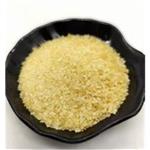
US $6.00/kg2025-04-21
- CAS:
- 9000-70-8
- Min. Order:
- 1kg
- Purity:
- 99%
- Supply Ability:
- 2000KG/Month

